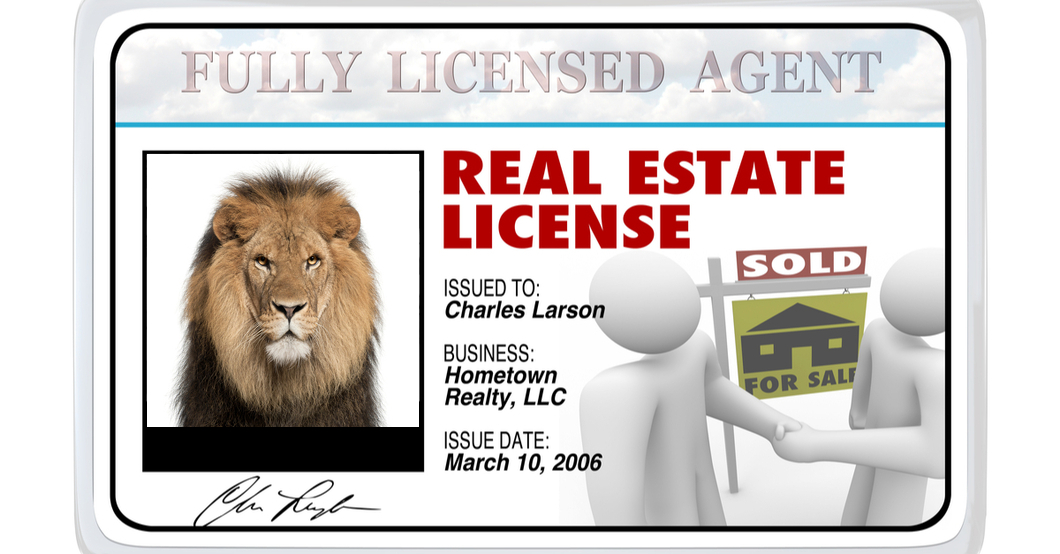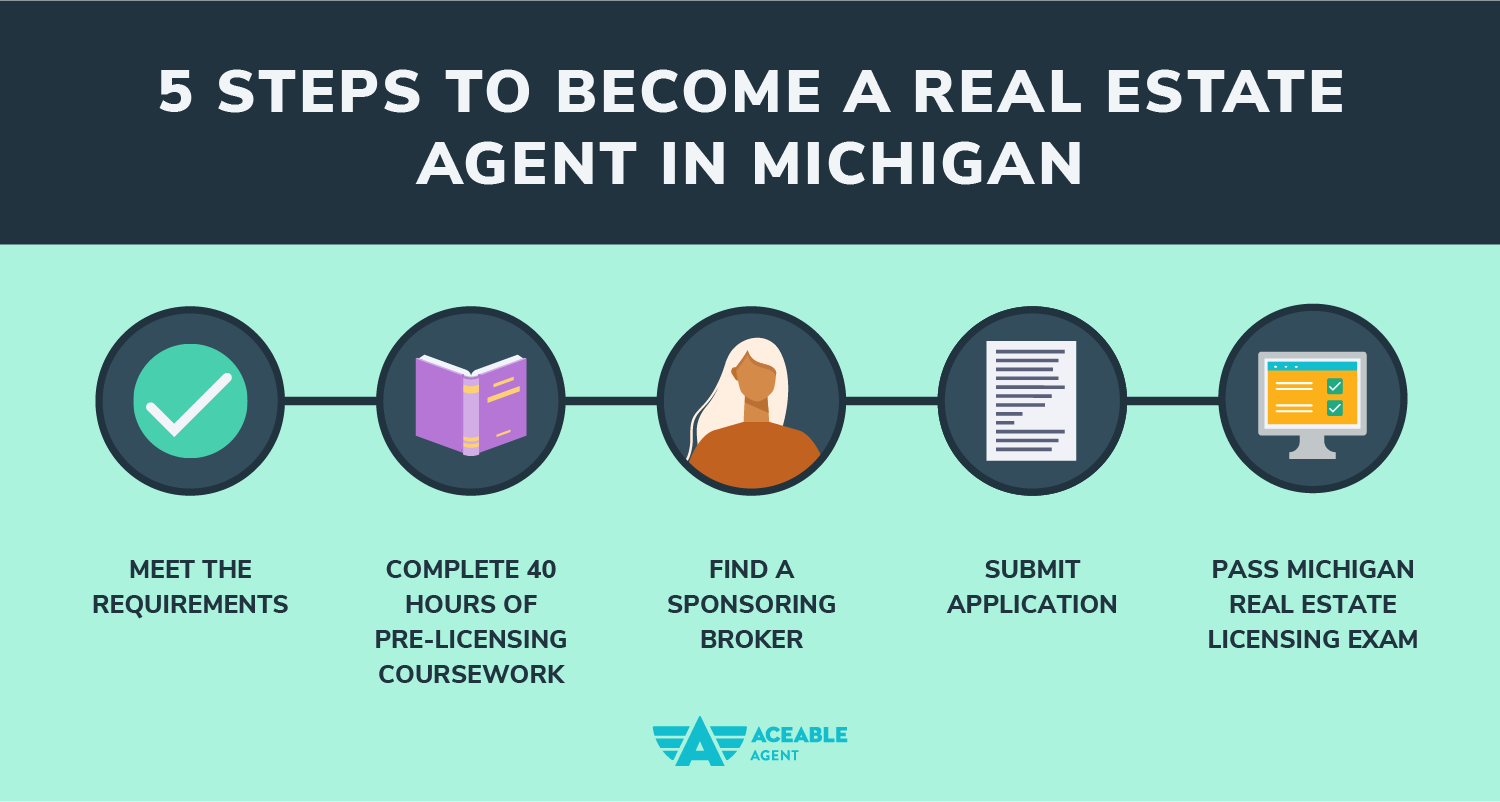
A broker sponsor, a real-estate agent who sponsors a new agent and holds the employing brokerage license. They are crucial in helping new agents activate and guide them through the first year of selling real property.
Interviewing several brokers will help you find the right broker sponsor. These include training, support, mentorship opportunities, marketing and lead generation tools, and commission structure.
Be sure to ask questions during your interview about these features in order to make informed decisions. You should also understand that not all brokers offer these features. Therefore, it is important to weigh your options and find the sponsoring broker that best suits your needs as an agent.

How does a broker-sponsor work?
A broker must have an employed broker license in most states before they can sponsor a salesperson. The broker must mentor and supervise the agent to ensure they do not violate any state regulations or rules. The broker also must manage eAccessNY information, such as updating when a change in address is made or an agent association is formed.
They also have to collect commissions from transactions and pay their sponsors agents. They provide office space and other resources to their sponsors agents.
What is a Sponsoring Broker and how do they work?
A sponsoring broker is an experienced real estate agent who holds the employing broker licensing of the new agent they sponsor. They are crucial to new agents' activation of their realty license and to guide their new business in the first few year of selling realty.
The relationship between a sponsoring broker and a new agent is viewed by many state licensing boards as a somewhat more traditional employee/employer relationship than the relationship between a salesperson and a broker who holds an independent contractor license. Although this may be difficult for new agents it is important to find the right broker to avoid breaking state laws.

Locate a Broker to Help You
Texas Department of Real Estate licensing is required for brokers. They must have been in their business for at the least two years. You can start your search for a sponsoring broker by looking on real estate-specific job boards.
When choosing a broker to sponsor you, keep in mind that your needs and goals are the most important factor. A broker should offer you mentoring and the necessary training to succeed in the industry. They should also be willing to split the commission.
Choosing the Right Brokership
There are many differences between a boutique and a national brokerage. A smaller, more local brokerage may offer better mentoring and a higher commission split than a national firm. The larger, more established firms might be better suited for you if your interests are in a bigger network and greater community recognition.
FAQ
Are flood insurance necessary?
Flood Insurance covers flooding-related damages. Flood insurance helps protect your belongings and your mortgage payments. Find out more information on flood insurance.
How long does it take for a mortgage to be approved?
It is dependent on many factors, such as your credit score and income level. It takes approximately 30 days to get a mortgage approved.
Is it possible to get a second mortgage?
Yes. However it is best to seek the advice of a professional to determine if you should apply. A second mortgage is usually used to consolidate existing debts and to finance home improvements.
How can I find out if my house sells for a fair price?
If you have an asking price that's too low, it could be because your home isn't priced correctly. Your asking price should be well below the market value to ensure that there is enough interest in your property. Our free Home Value Report will provide you with information about current market conditions.
What are the benefits to a fixed-rate mortgage
Fixed-rate mortgages lock you in to the same interest rate for the entire term of your loan. This means that you won't have to worry about rising rates. Fixed-rate loans also come with lower payments because they're locked in for a set term.
Statistics
- This means that all of your housing-related expenses each month do not exceed 43% of your monthly income. (fortunebuilders.com)
- This seems to be a more popular trend as the U.S. Census Bureau reports the homeownership rate was around 65% last year. (fortunebuilders.com)
- Based on your credit scores and other financial details, your lender offers you a 3.5% interest rate on loan. (investopedia.com)
- Over the past year, mortgage rates have hovered between 3.9 and 4.5 percent—a less significant increase. (fortunebuilders.com)
- It's possible to get approved for an FHA loan with a credit score as low as 580 and a down payment of 3.5% or a credit score as low as 500 and a 10% down payment.5 Specialty mortgage loans are loans that don't fit into the conventional or FHA loan categories. (investopedia.com)
External Links
How To
How to Manage A Rental Property
It can be a great way for you to make extra income, but there are many things to consider before you rent your house. We'll show you what to consider when deciding whether to rent your home and give you tips on managing a rental property.
Here are some things you should know if you're thinking of renting your house.
-
What is the first thing I should do? You need to assess your finances before renting out your home. If you are in debt, such as mortgage or credit card payments, it may be difficult to pay another person to live in your home while on vacation. You should also check your budget - if you don't have enough money to cover your monthly expenses (rent, utilities, insurance, etc. It might not be worth the effort.
-
How much does it cost to rent my home? Many factors go into calculating the amount you could charge for letting your home. These factors include location, size, condition, features, season, and so forth. Keep in mind that prices will vary depending upon where you live. So don't expect to find the same price everywhere. Rightmove shows that the median market price for renting one-bedroom flats in London is approximately PS1,400 per months. This would translate into a total of PS2,800 per calendar year if you rented your entire home. While this isn't bad, if only you wanted to rent out a small portion of your house, you could make much more.
-
Is it worth it? There are always risks when you do something new. However, it can bring in additional income. Be sure to fully understand what you are signing before you sign anything. Your home will be your own private sanctuary. However, renting your home means you won't have to spend as much time with your family. You should make sure that you have thoroughly considered all aspects before you sign on!
-
Are there any benefits? It's clear that renting out your home is expensive. But, you want to look at the potential benefits. Renting your home is a great way to get out of the grind and enjoy some peace from your day. It's more fun than working every day, regardless of what you choose. If you plan ahead, rent could be your full-time job.
-
How do I find tenants? After you have made the decision to rent your property out, you need to market it properly. Listing your property online through websites like Rightmove or Zoopla is a good place to start. Once potential tenants reach out to you, schedule an interview. This will help you assess their suitability and ensure they're financially stable enough to move into your home.
-
How can I make sure I'm covered? If you fear that your home will be left empty, you need to ensure your home is protected against theft, damage, or fire. You'll need to insure your home, which you can do either through your landlord or directly with an insurer. Your landlord may require that you add them to your additional insured. This will cover any damage to your home while you are not there. If you are not registered with UK insurers or if your landlord lives abroad, however, this does not apply. You will need to register with an International Insurer in this instance.
-
It's easy to feel that you don't have the time or money to look for tenants. This is especially true if you work from home. You must put your best foot forward when advertising property. Post ads online and create a professional-looking site. A complete application form will be required and references must be provided. Some people prefer to do everything themselves while others hire agents who will take care of all the details. In either case, be prepared to answer any questions that may arise during interviews.
-
What do I do when I find my tenant. If you have a lease in place, you'll need to inform your tenant of changes, such as moving dates. You can negotiate details such as the deposit and length of stay. While you might get paid when the tenancy is over, utilities are still a cost that must be paid.
-
How do you collect rent? When the time comes to collect the rent, you'll need to check whether your tenant has paid up. You'll need remind them about their obligations if they have not. Any outstanding rents can be deducted from future rents, before you send them a final bill. If you're having difficulty getting hold of your tenant you can always call police. They won't normally evict someone unless there's been a breach of contract, but they can issue a warrant if necessary.
-
How can I avoid problems? While renting out your home can be lucrative, it's important to keep yourself safe. Consider installing security cameras and smoke alarms. It is important to check that your neighbors allow you leave your property unlocked at nights and that you have sufficient insurance. You should not allow strangers to enter your home, even if they claim they are moving in next door.